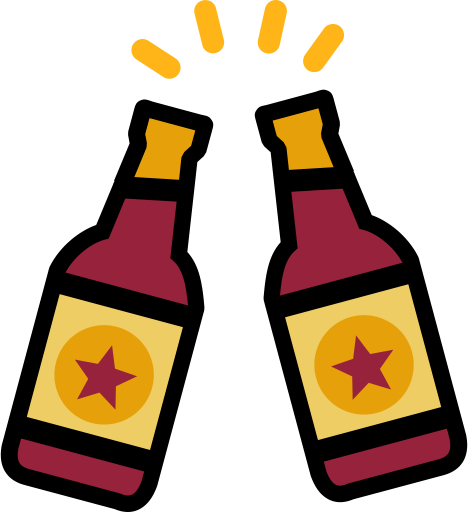What other sources are there for yeast without purchasing specific supplies of any kind?
I’ve done several lactose fermentation experiments and am currently playing with figurative fire by washing and running fruits through a food processor, letting them go active in a (burped) container and then adding them to other fruit juices. Currently I have a small apple for yeast that I added to pealed lemons and some lemon juice. I have no expectations for the results, and intend on buying nothing.


Not sure if the information is still current, as it was a while ago, but I was taught that the yeast for wine originally came from the grapes themselves, it settles on the fruit from the air as it ripens. They named it Saccharomyces ellipsoideus or something of the sort, related to the beer yeast S. cerevisae, but not the same. Nowadays winemakers use lab cultured yeasts for consistency though.
Point being, if you can get hold of some grapes that you know weren’t exposed to nasty stuff (i.e. not grown near a highway), try not washing them and just smashing them, skin and all, and see what ferments. Put an airlock on to prevent acetic acid formation and try going from there. If using water to dilute or wash stuff, make sure it’s chlorine free. One campden tablet to 20L should do it.
In Georgia (the country) they make wine by smashing the whole grape (including stems) and fermenting it in a clay vessel (qvevri) without any additives. The winemakers told me all the yeast is on the grape skins and that washing them removes it. The wine does have a distinctly different taste versus wine make with cultured yeast.